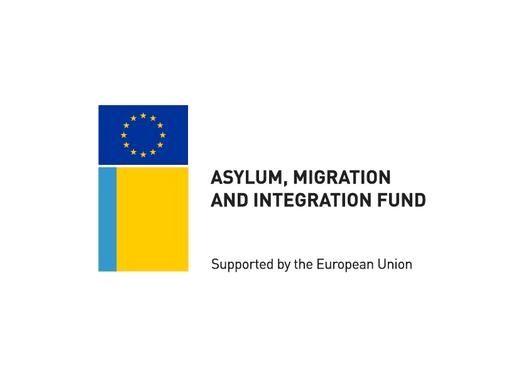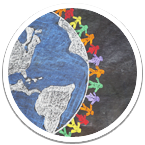Radicalisation and extremism
Radicalisation refers to an individual’s extreme thoughts and opinions that are in contradiction to the norms of the community and lead to actions that conform to these views. Violent radicalisation is a process in which individuals end up using or threatening violence, inciting violence or justifying violence based on their ideology. Extremism refers to an extremist movement or ideology.
Radicalisation is a marginal phenomenon
Extremist violence is often also an attack on the democratic system. The impacts of violence justified with an ideology on people's feeling of security often outweigh the immediate aftermath of the acts. In this context, a threat is considered to arise from not only the actual perpetrators and those closely associated with them, but also the population groups they represent.
Violent extremism increases tensions between different population groups and, to a degree, often even results in disturbing social harmony. This is often also what radicalised individuals aim to achieve.
The mental processing of a radicalising person is inflexible, and such a person is unable to adapt to the challenges and norms set by the surrounding society. While there are certain links between mental health and radicalisation, the escalation into radicalism is considered a separate social phenomenon. Radicalisation is a marginal phenomenon, and the mental health issues of refugee are not a sign of radicalisation, for instance.
It is important to put an end to radicalisation
It is key for preventive measures to support individuals in personally warding off incentives towards radicalisation. It is important to support mental welfare in diverse ways, such as by strengthening a person's sense of meaning, security and control, and ensuring that the person has access to necessary services.
Although not all radicalised individuals are socially excluded, the prevention of both discrimination and social exclusion and familiarisation with the mainstream population are crucial for preventing radicalisation.
Measures that prevent radicalisation include the humane treatment of asylum seekers, supporting their mental welfare and ensuring their safety as well as fostering a sense of hope and providing meaningful contents in daily life.
To prevent the radicalisation of those granted asylum, there is reason to invest in a successful integration process which includes strengthening a feeling of involvement. Learning the language of the new homeland reduces a feeling of being an outsider and increases opportunities for becoming a full-fledged member of society. It is important for the integration of refugees that they are encouraged to familiarise themselves with and adopt the customs of their new country right from the start.
No profiling tools exist for recognising radicalisation that could set radicalisation apart from other forms of distress at an early stage. At least for the time being, professionals will have to rely on identifying distress and social exclusion, which are relatively common. However, the signs of violent radicalisation may include isolation, increasingly radical opinions and a reduction in tolerance.





